Optimal Timing for Dead Tree Removal
Dead tree removals are essential for maintaining landscape safety and health. The timing of removal can impact the safety, cost, and effectiveness of the process. Understanding the optimal periods for dead tree removal ensures that property owners make informed decisions.
Spring offers an ideal window for dead tree removal before the peak growing season, reducing risk to surrounding vegetation.
Summer can be challenging due to increased foliage, but early summer is suitable if removal is necessary before storms and high winds.
Fall provides cooler weather and less foliage, making it easier to access and remove dead trees safely.
Winter is often the safest time for dead tree removal, as the ground is frozen, reducing soil disturbance and making equipment operation easier.
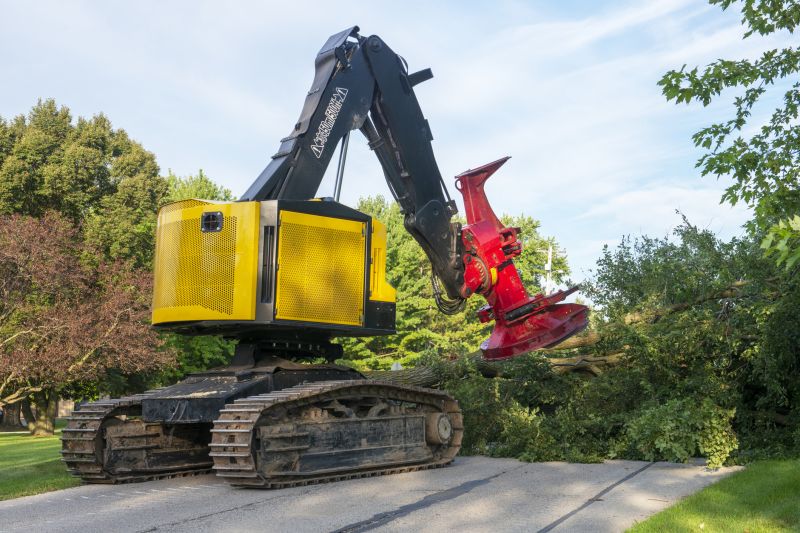
Image depicting equipment used for safe removal of dead trees.
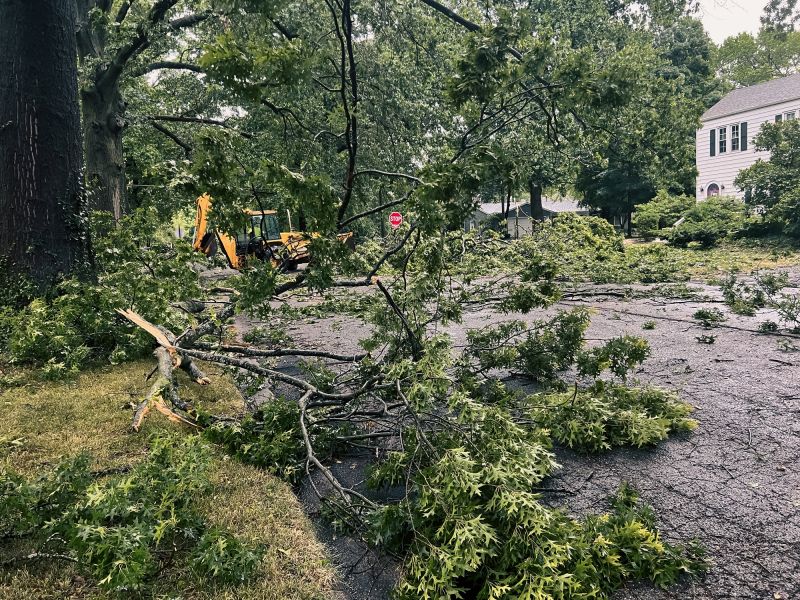
Image showing a dead tree being removed to prevent storm damage.
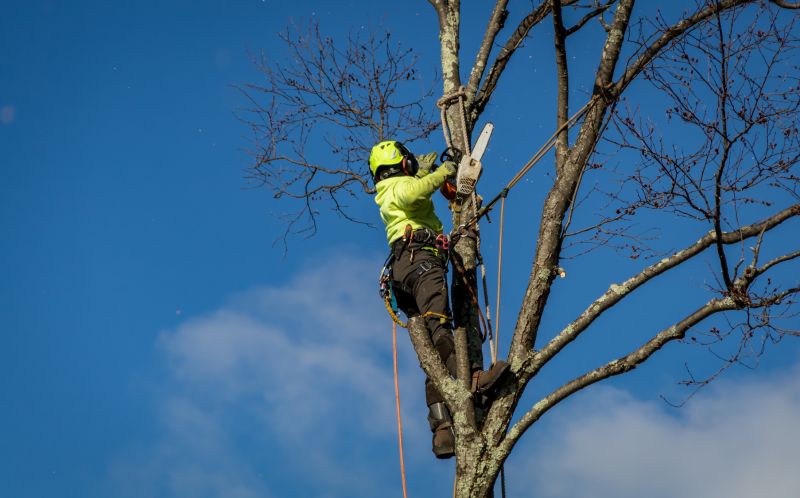
Image of a crew removing a dead tree during winter conditions.
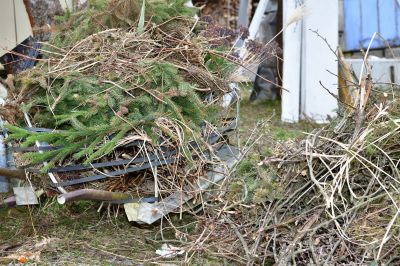
Ways to make Dead Tree Removals work in tight or awkward layouts.
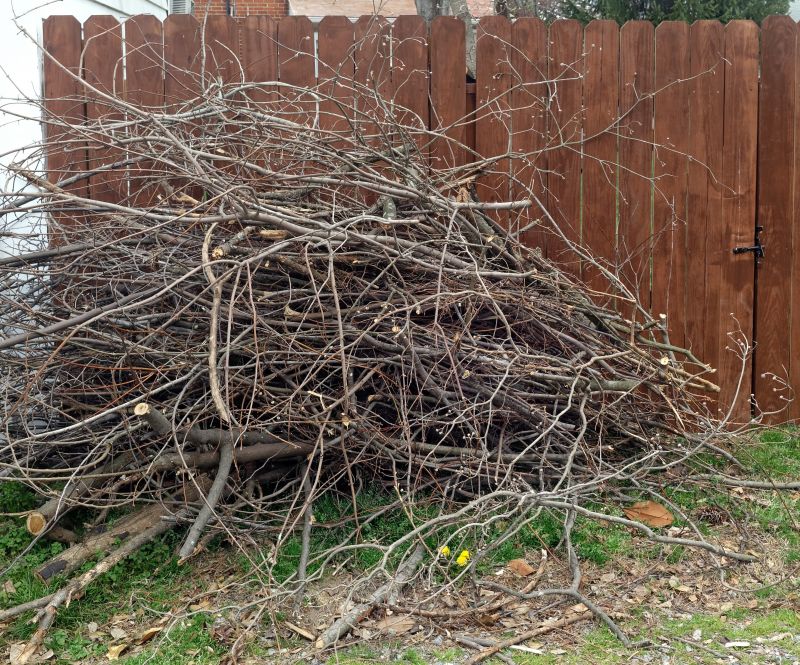
Popular materials for Dead Tree Removals and why they hold up over time.
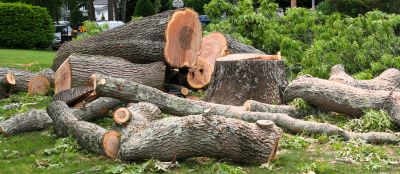
Simple add-ons that improve Dead Tree Removals without blowing the budget.
| Season | Best Practices |
|---|---|
| Spring | Remove dead trees early to prevent disease spread and prepare for new growth. |
| Summer | Perform removals in early summer if necessary, avoiding peak foliage periods. |
| Fall | Ideal for safe and accessible removal with cooler weather. |
| Winter | Optimal for ground stability and safety during equipment operation. |
| Storm Season | Prioritize dead tree removal to mitigate storm damage risks. |
Dead tree removals are a critical aspect of landscape maintenance, helping to prevent property damage and safety hazards. The best time to undertake these removals depends on seasonal conditions, local climate, and specific property needs. Proper timing ensures safer procedures, minimizes environmental impact, and reduces costs associated with emergency removals.
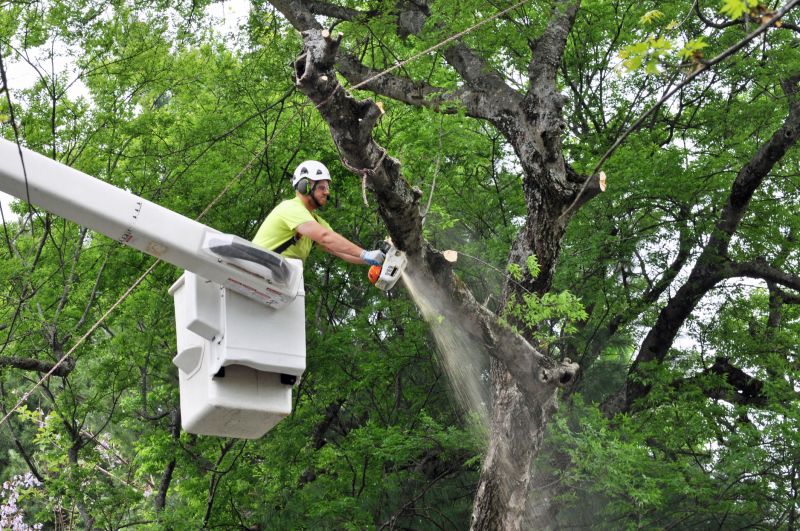
Image of professionals removing a dead tree.
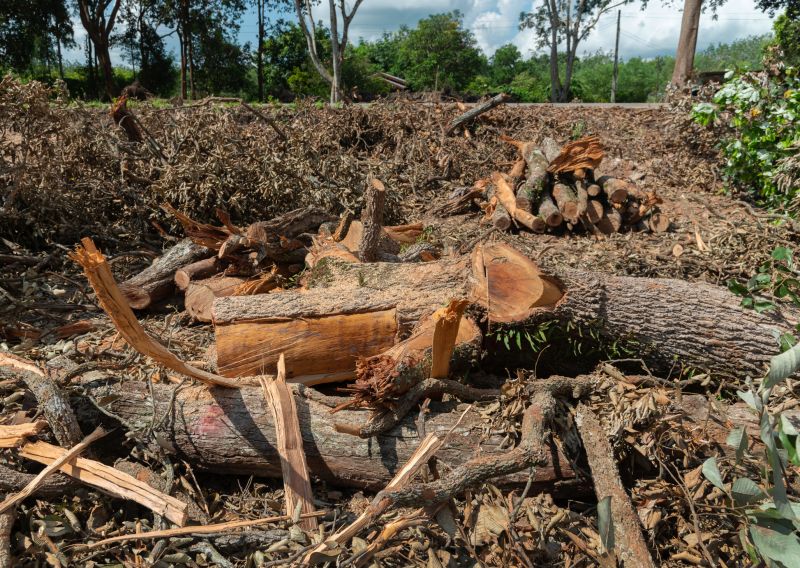
Image showing removal before storm season.
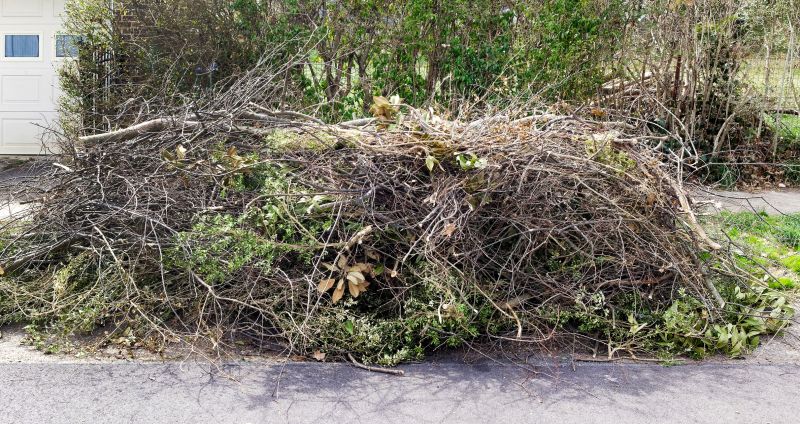
Image of dead tree cleanup after storm damage.
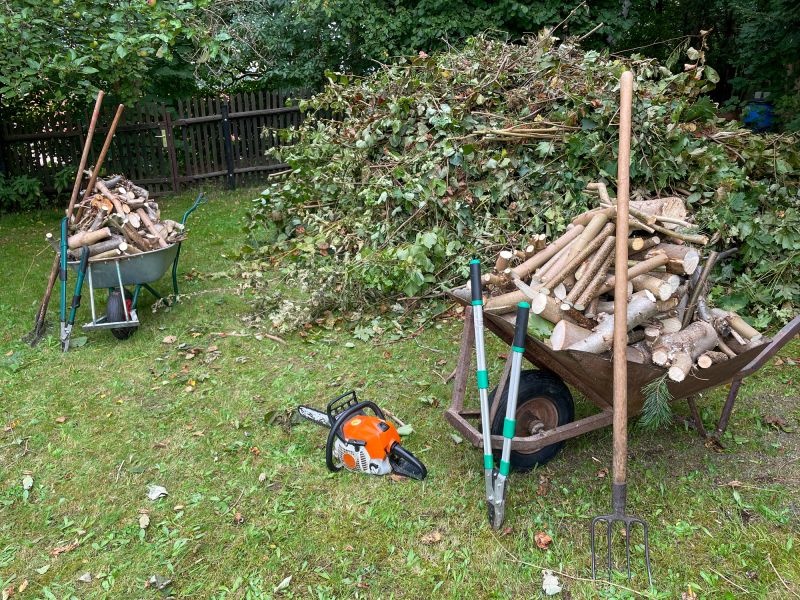
Image depicting dead tree removal during winter.
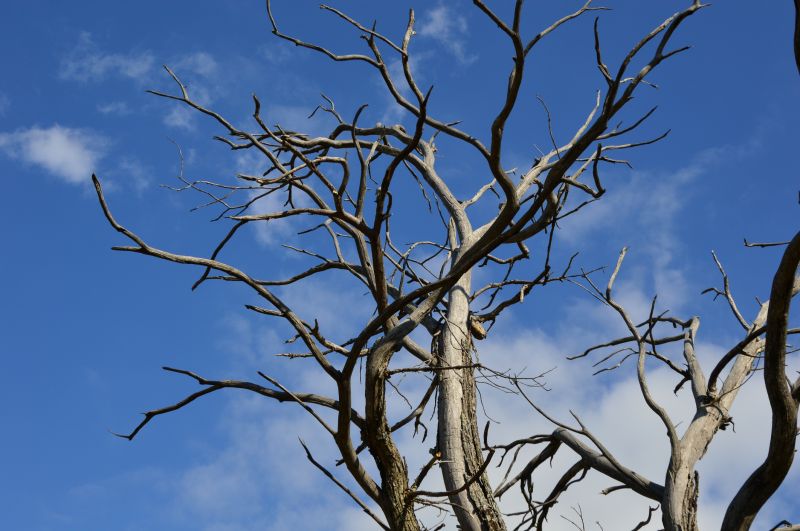
High-end options that actually feel worth it for Dead Tree Removals.
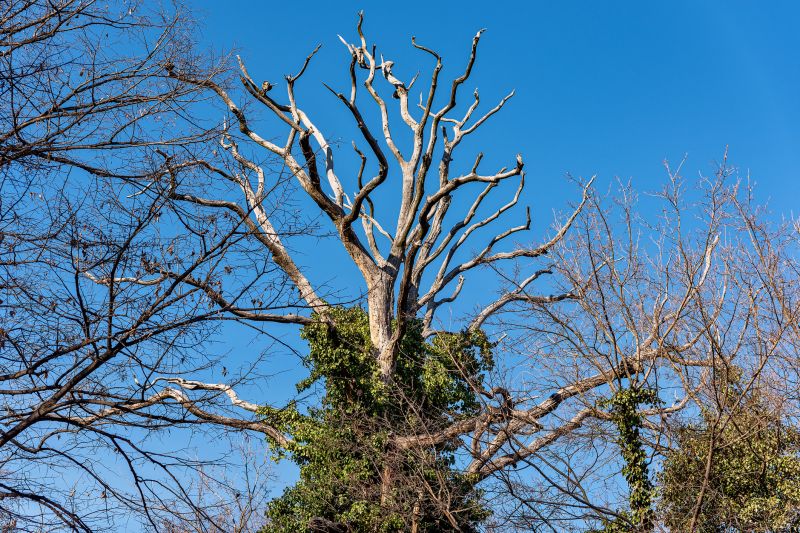
Finishes and colors that play nicely with Dead Tree Removals.
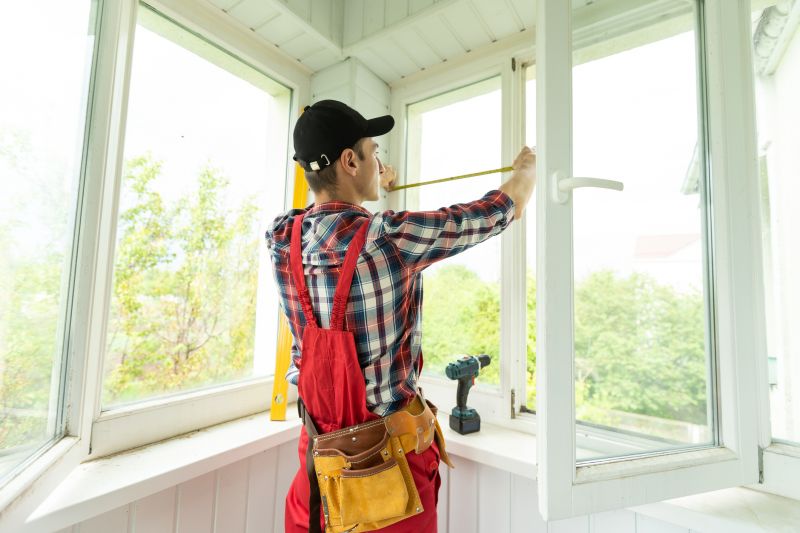
Little measurements that prevent headaches on Dead Tree Removals day.
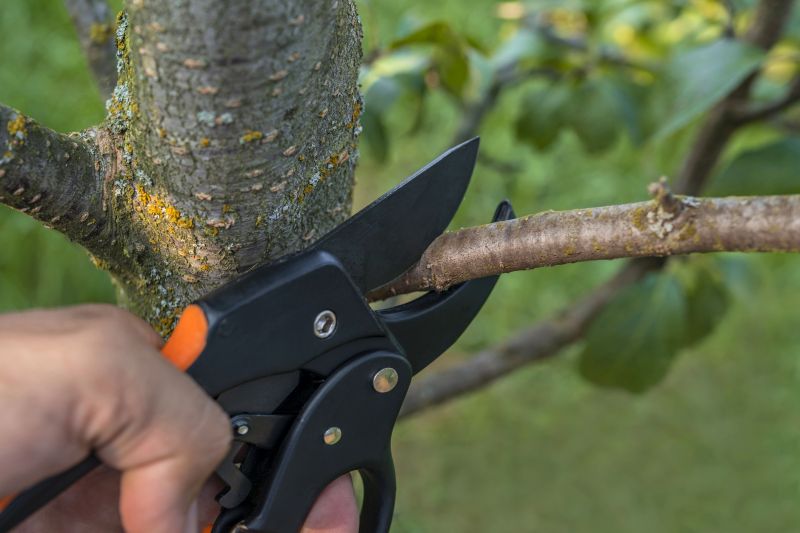
A 60-second routine that keeps Dead Tree Removals looking new.
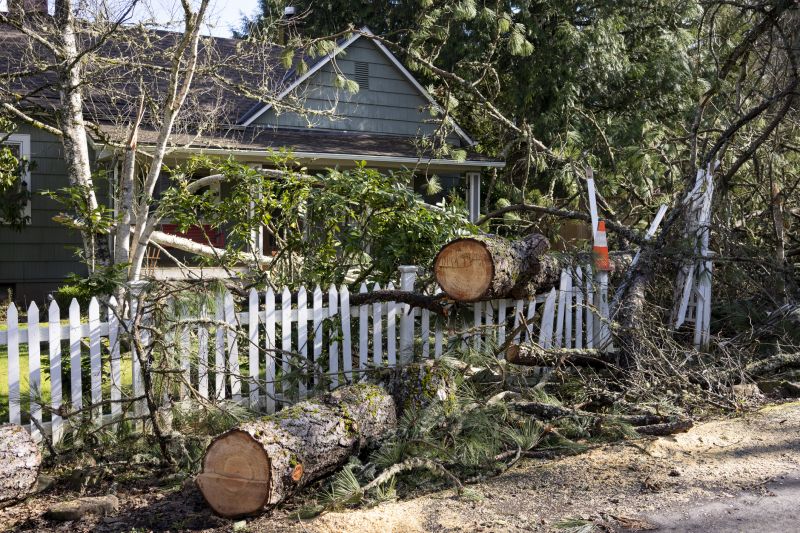
A frequent mistake in Dead Tree Removals and how to dodge it.
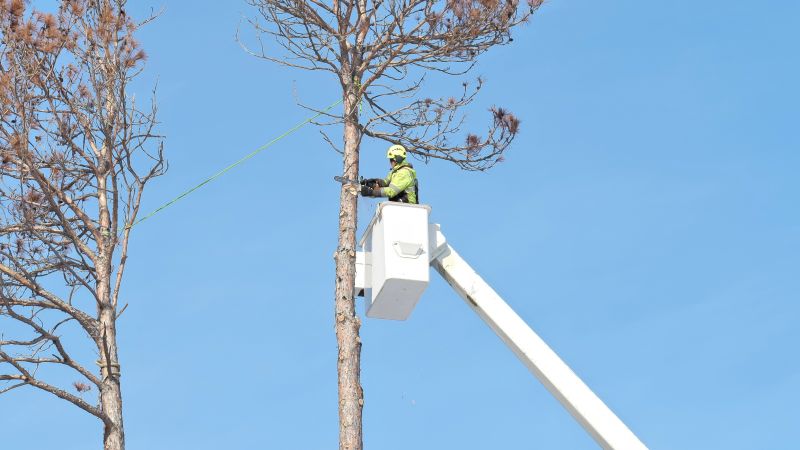
Small tweaks to make Dead Tree Removals safer and easier to use.
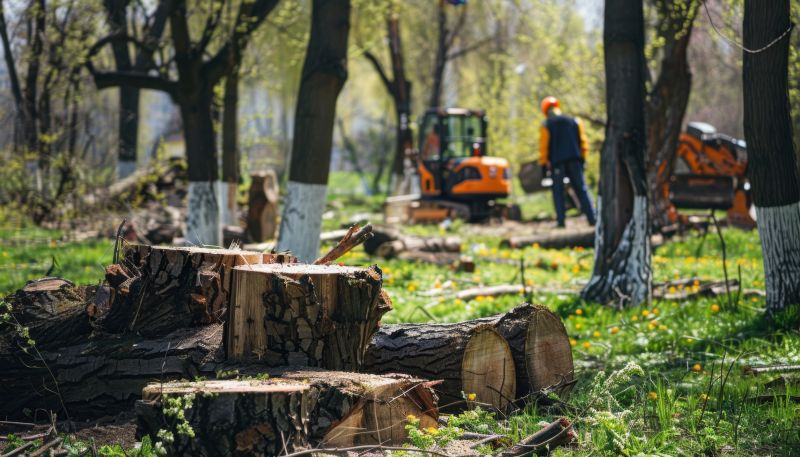
Lower-waste or water-saving choices for Dead Tree Removals.
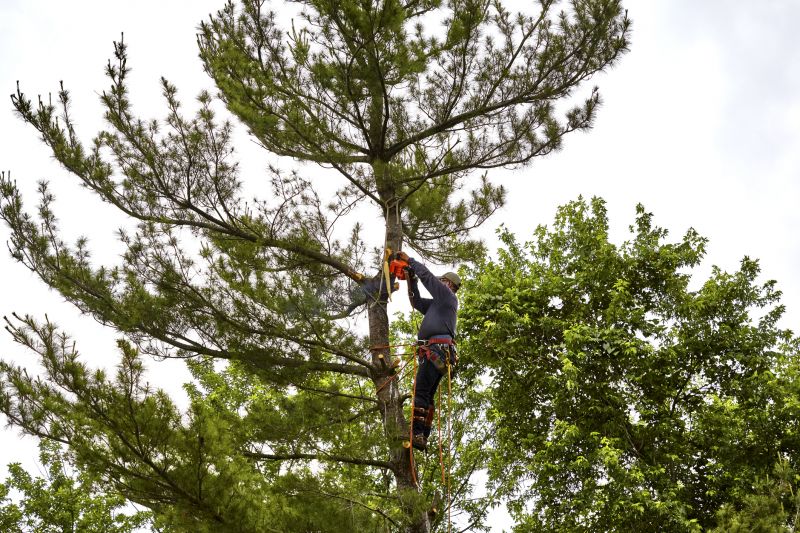
The short, realistic tool list for quality Dead Tree Removals.
Interested in scheduling a dead tree removal? Filling out the contact form provides a convenient way to request more information or a consultation. Proper timing and professional assessment can ensure safety and efficiency for property maintenance.



